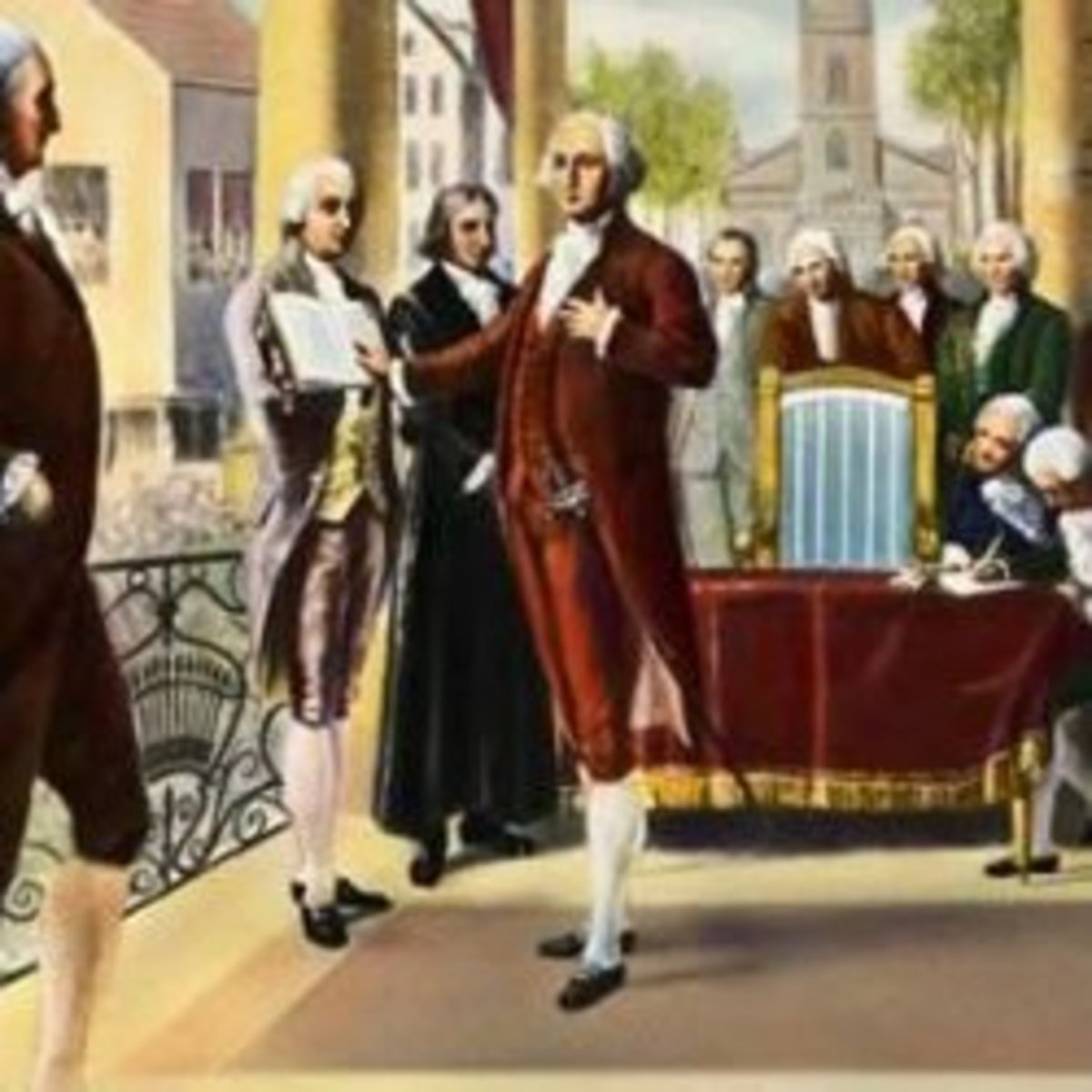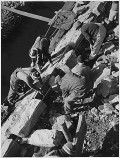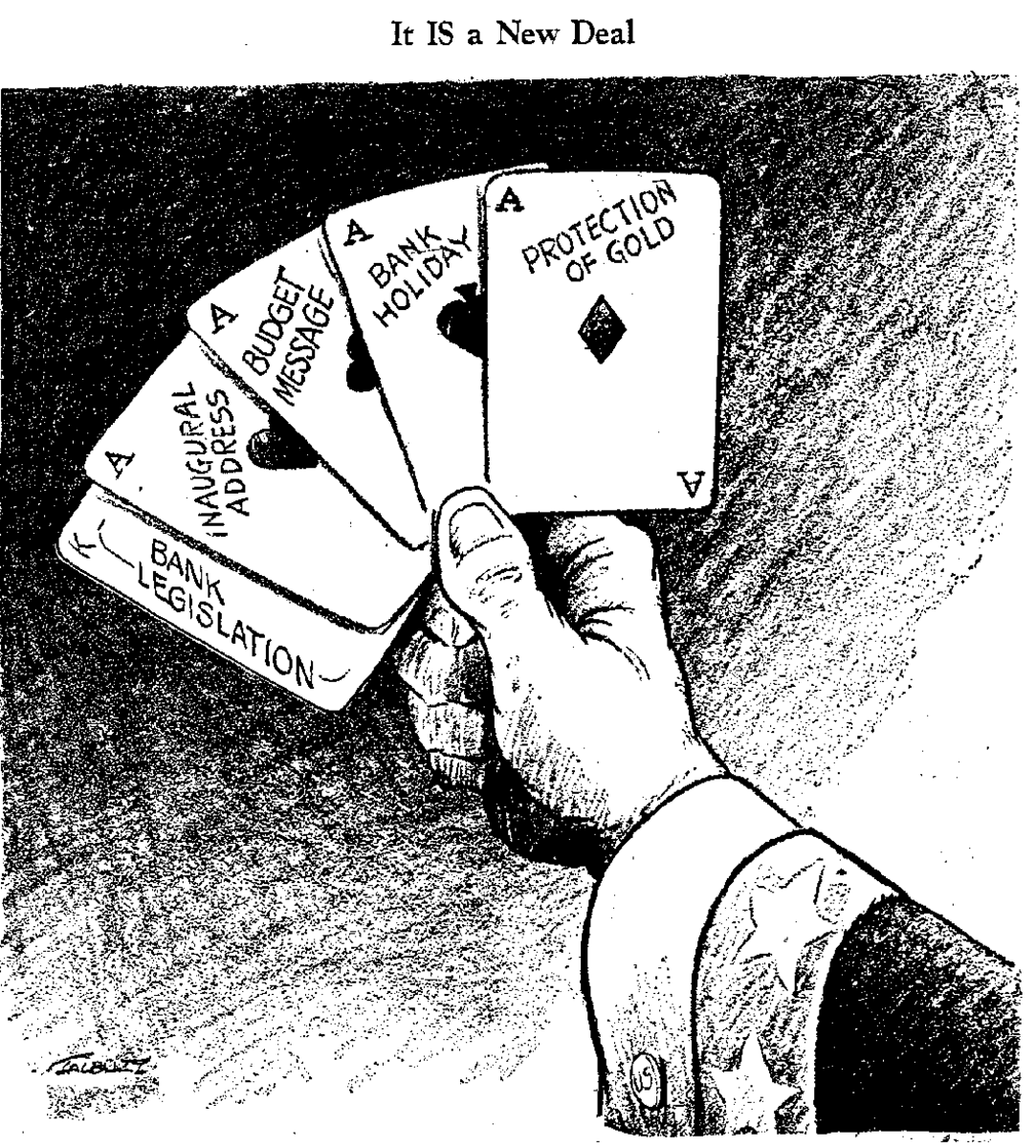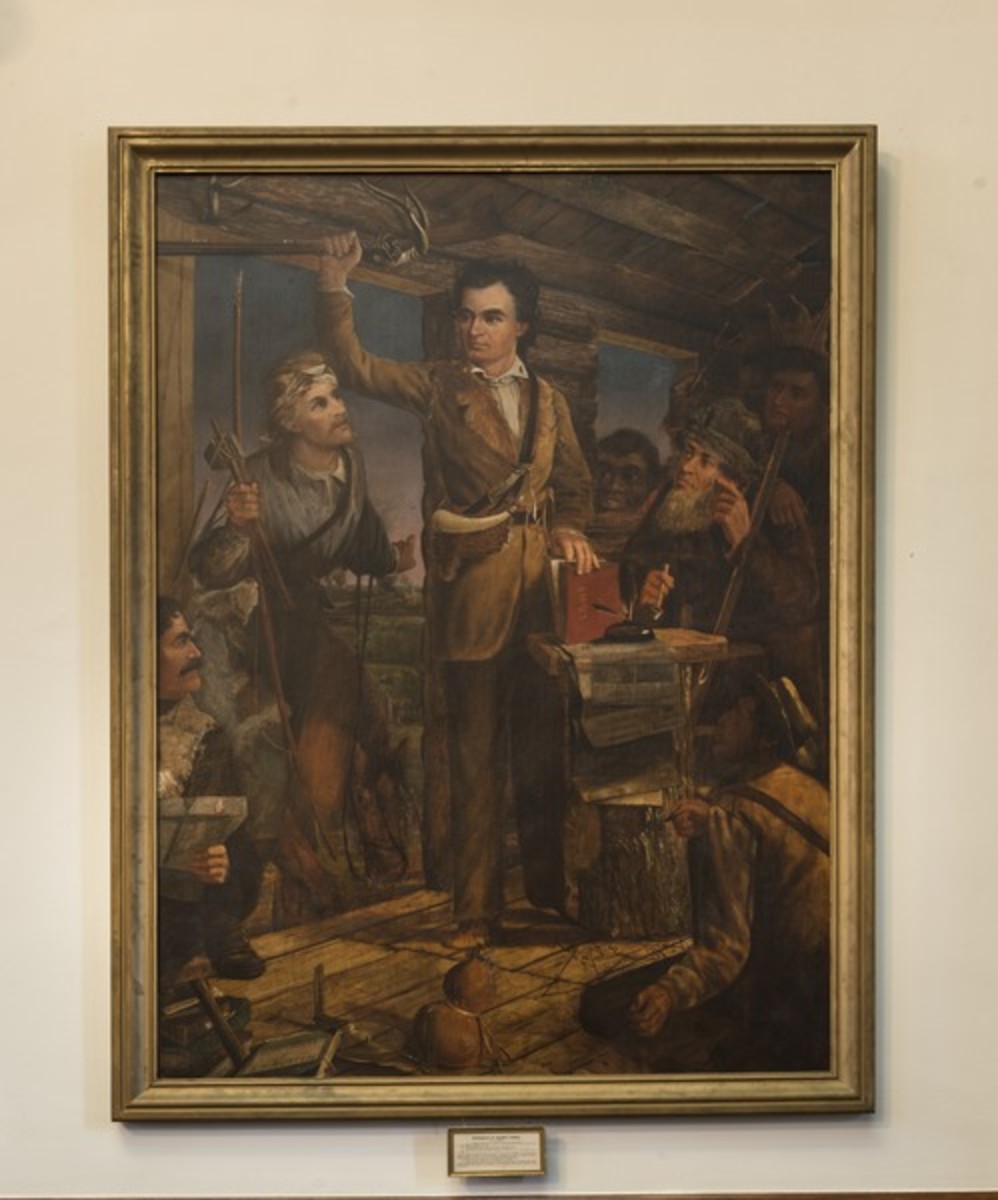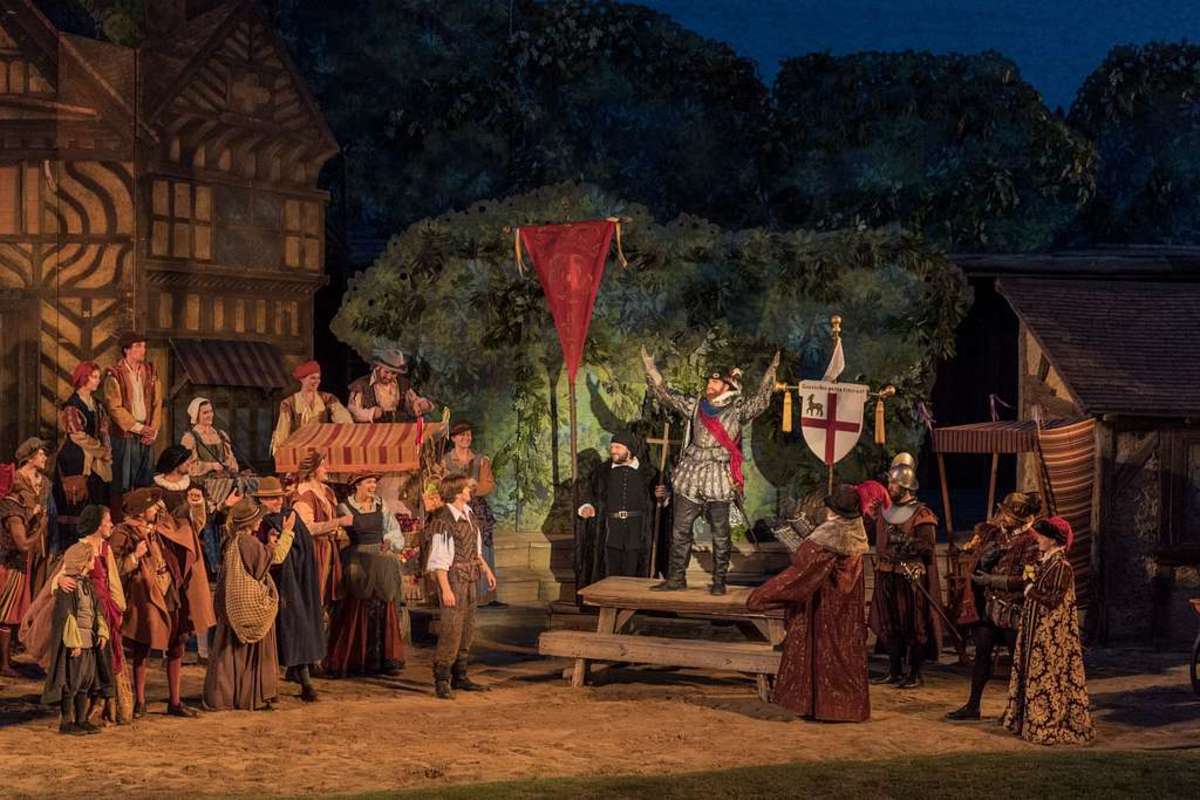- HubPages»
- Education and Science»
- History & Archaeology»
- History of the Americas
Franklin Roosevelt: A Leadership Analysis
Franklin Delano Roosevelt
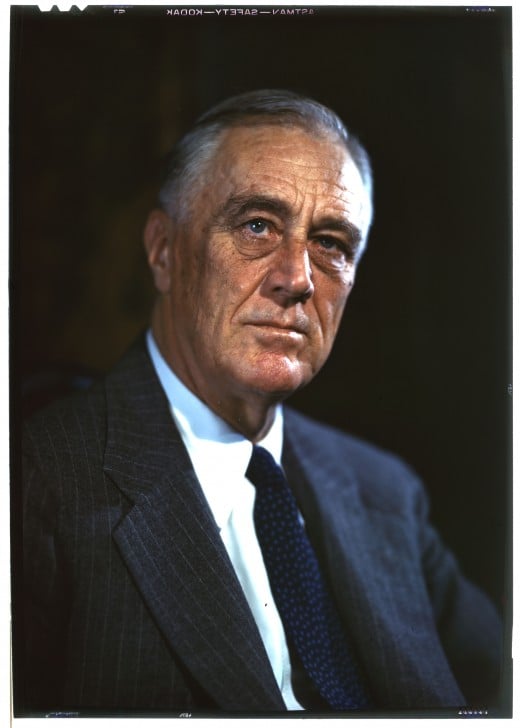
Morality and Politics
Is sexual fidelity important in politics and should it be for voters?
Roosevelt: A Study in Duality
From 1933 to 1945, Franklin D. Roosevelt led the United States out of the Great Depression, through World War II, and into its current position the greatest and only world superpower. His presidency was marked by stark contrasts in his personal and public life. Aides and mistresses described him as impossible to be intimate with (Hastings) and generals were repeatedly frustrated at his stubbornness. Yet, he was America’s fatherly guide through his enormously successful “fireside chats”, his down to earth empathy for the little man, and humanizing polio. Regardless of this paradoxical duality, Roosevelt, the Commander-in-Chief, was a tremendously successful leader. He most notably achieved success in two ways: through his personal charisma and a clear vision for America.
Franklin and Eleanor Roosevelt
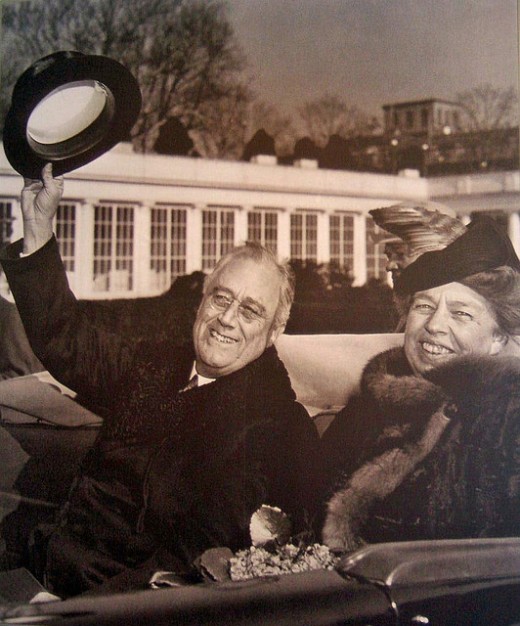
Charismatic, Relatable Leadership
If Franklin Roosevelt’s tenure as President were to be summarized in a word, it would perhaps be charisma. Roosevelt exuded a magnetic charm to the public, who in turn gobbled it up. The Great Depression and WWII further amplified his innate charisma, and he used this to great advantage to connect with the people through his “fireside chats”.
Using informal, simple language and the relatively new power of the radio, Roosevelt conducted some 30 short speeches via radio to millions of Americans across the country. These weren’t just any speeches, though. From March of 1933 to June 1944, FDR talked America through a wide variety of issues. From unemployment and the banking crisis during the Great Depression to Fascism in Europe and the war, the President quietly sat Americans down by the warm fire and talked to them. Using personal, colloquial phrases like “you” and “my friends”, he treated American citizens as family and friends, captivating them with his sympathy and down-to-earth style (The Fireside Chats). His miniature speeches were nothing more than fatherly chats by a warm hearth, and the people were enchanted. His patriarchal tone is especially evident in his talk on the banking crisis, given when he took office in 1933. Simple, empathetic language such as this was typical of FDR’s charismatic style:
“One more point before I close. There will be, of course, some banks unable to reopen without being reorganized. The new law allows the government to assist in making these reorganizations quickly and effectively and even allows the government to subscribe to at least a part of any new capital that may be required. I hope you can see, my friends, from this essential recital of what your government is doing that there is nothing complex, nothing radical, in the process. “ (Roosevelt)
Fatherly Figure
The effect was staggering. The intimate nature of FDR’s chats cut straight through the usual media middleman, helping to create a sense of personal involvement in the nation’s decisions by the general public. The President was no longer just a figurehead in a White House; he was an advisor, friend and co-traveler down the weary road. In the week following his first chat, nearly half a million letters poured into the White House. The mailroom staffers were increased from one to seventy. (Franklin Roosevelt as a Leader)
“His use of radio helped him win people’s hearts. They would gather on a night in front of the radio in the living room, and listen to the comforting words of their president, encouraging them, and telling them that he knew how they felt because he was one of them. Even those who did not support his programs and presidency found it difficult to counteract the impact of the intimacy of his radio addresses.” (Yu)
When FDR talked, people didn’t just listen. His words had a soothing effect on an aching populace, weary of economic uncertainty and foreign strife. Roosevelt’s charismatic fireside talks were instrumental in his success as a leader.
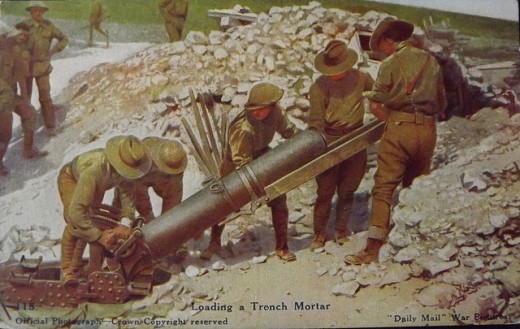
The Vision of the Presidency
Roosevelt’s success as a leader was also grounded in a distinct vision for his country. His clear, often stubbornly contrarian foreign policy frequently ran against the grain of his generals and allies, but when the din of World War 2 had subsided, the US stood the world’s greatest and sole superpower. Perhaps the greatest example of FDR’s foresight in foreign affairs was in his pre-war military buildup of American troops, something he used to both boost the US out of the Great Depression and prepare it for the inevitable conflict to come.
In November of 1938, shortly after the Munich Crisis and three years before the country officially entered WWII, Roosevelt gathered his military advisors and informed them of a change in production objectives: He now wanted 10,000 military aircraft by 1940, and he established the manufacturing capacity to produce another 10,000 planes annually. Ignoring his general’s insistence that this lopsided figure was ridiculous, the production plan was carried out. (Emerson)
Considering he was elected under a platform of continued American isolationism in 1940 (Hastings), Roosevelt was surely treading on thin ice both in public sentiment and his war councils. Yet, his dogmatic insistence on the US’s rearmament reflected a submission to reality: He knew America would eventually be forced into WWII; it was just a question of whether the country would be prepared. FDR’s drastic aircraft quotas certainly helped. Indeed, Roosevelt’s tenacious refusal to cow under pressure was evident throughout his Presidency (Emerson).
“But whenever the military advice of his chiefs clearly diverged from his own notions, Roosevelt did not hesitate to ignore or override them. He took his powers as Commander-in-Chief literally, and, on occasion, he used them high-handedly. In 1940, for example, an air force planner who presented detailed figures and charts to show that aid to Great Britain was undermining American air rearmament, the President cut him off with a breezy “Don’t let my see that again!” (Emerson)
A Time for War
Should the US have intervened in WWII earlier?

Pearl Harbor
Roosevelt’s foresight by no means began and ended with America’s prewar rearmament policies. Fully conscious that public sentiment was almost unanimously opposed to entering the European conflict, FDR bided his time, knowing that sooner or later something would force the country to unite in war. That something occurred on December 7th, 1941, when the Japanese attacked the US’s Pacific base of Pearl Harbor.
“Roosevelt's handling of his people between 1939 and 1941 was masterly and brilliantly judged. Had he made a unilateral decision to fight before Pearl Harbor, he would have led to war a deeply divided nation. As it was, Japanese aggression and Hitler's obliging subsequent declaration of war on the US ensured that the American people were united behind their President through the years that followed.” (Hastings)
FDR’s prudence paid off. By insisting on American rearmament and biding his time before entering WWII, FDR ensured that the US wasn’t just prepared for war, but staunchly united against the Axis. “One of his greatest qualities as America's leader was how he saw himself as the expression of a collective national will…(h)e was determined that America's role in the struggle against fascism should not outpace public opinion…” (Hastings) Roosevelt’s vision played an unmistakable role in his success as a leader, and the U.S.’s eventual victory.
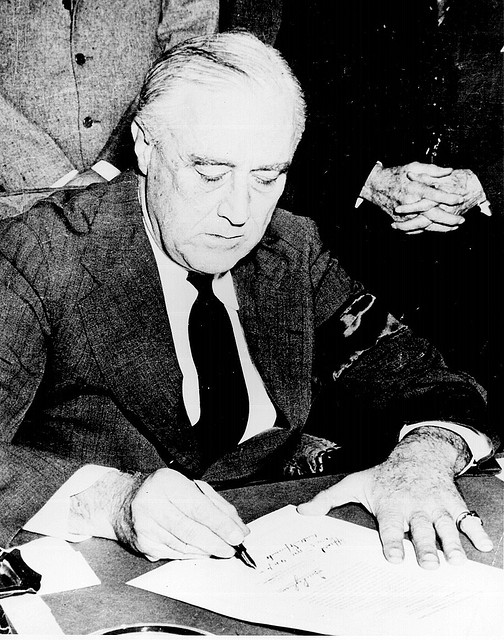
Roosevelt: Servant Leader or Executive Monarch?
What do you think of Roosevelt's four terms as President?
Frankling Roosevelt: A Paradox in Leadership?
Students of Roosevelt’s presidency often pick out a consistent thread of contrasts in his life. As a husband, father and friend FDR was detached and aloof. He was a womanizer described by many as haughty and conceited. His legendary friendship with Britain’s Winston Churchill was one of state and politics, never intimacy or camaraderie. (Hastings) This was true, it seems, for many of his relationships, from mistresses to close aides.
“[Roosevelt had a] huge number of acquaintances, but few people knew him intimately. For all his irrepressible cheerfulness and bonhomie, scarcely anyone who knew him claimed to know his real thoughts; such was his intense self-control. His family existence was a charade: his children grew up to lead uniformly unsuccessful lives…More than a few close associates deeply admired Roosevelt the President but deplored Roosevelt the man, evasive and often deceitful. Marguerite LeHand, the secretary who became a mistress and adoring confidante, said later that it was impossible for anyone to get close to Franklin Roosevelt” (Hastings)
Is it a paradox to be publicly intimate, yet privately detached? Is this to some degree true of all great leaders, a way they cope with the pressures of office and the cutthroat nature of international politics? While a thorough examination this topic is beyond the scope of this paper, I personally think it is. Perhaps, that emotional distance was part of what made FDR such a great leader. Regardless of the perceived inconsistencies between his personal life and public life, FDR was great President. Exploiting his magnetic public charisma and far-reaching vision for the nation, Roosevelt the President was an enormously successful leader.
Sources
"Franklin Roosevelt as a Leader." Hauenstein Center. 25 Mar. 2005. Web. 7 Dec. 2014.
<http://hauensteincenter.org/fdrleader/>.
Hastings, Max. "Franklin D Roosevelt: The Man Who Conquered Fear." The Independent.
Independent Digital News and Media, 19 Jan. 2009. Web. 7 Dec. 2014.
Emerson, William. "Franklin Roosevelt as Commander-in-Chief In World War II." Military
Affairs 22.4: 181-207. JSTOR. Web. 7 Dec. 2014.
"The Fireside Chats." History.com. A&E Television Networks. Web. 7 Dec. 2014.
<http://www.history.com/topics/fireside-chats>.
Roosevelt, Franklin. ""More Important Than Gold": FDR's First Fireside Chat."
historymatters.edu. Web. 7 Dec. 2014.
Yu, Jenny. "The Great Communicator: How FDR's Radio Speeches Shaped American
History." The History Teacher 39.1 (2005): 89-106. JSTOR. Web. 7 Dec. 2014.
© 2015 Nu Vew

